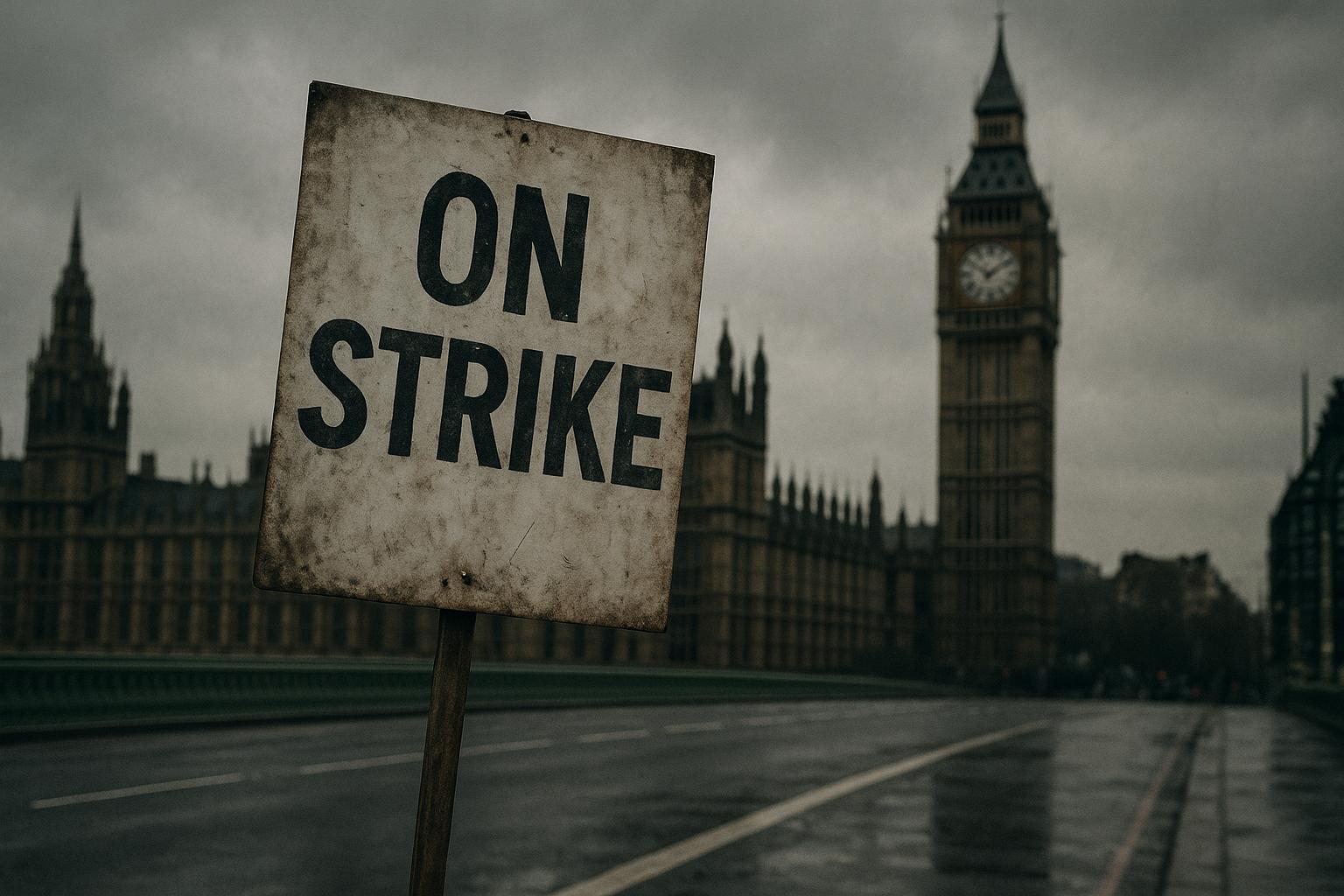Sir Sadiq Khan’s latest stunt—offering London Underground workers a 3.4 percent unconditional pay rise—exposes yet again how out of touch he is with the realities facing London’s transport users and taxpayers. Amid ongoing strike disruptions that have brought the capital to a near standstill, Khan chooses to throw money at the problem without securing any meaningful concessions or reforms to address the root causes of unrest. His “no conditions” offer—that TfL describes as the best possible use of limited funds—is a clear distraction from the underlying issues of worker fatigue, safety, and fair working hours. But in the eyes of those who rely on London’s transport system, it’s an empty gesture that will do little to prevent further strikes or restore confidence.
Conservative critics have rightly condemned Khan’s approach as reckless and shortsighted. The so-called pay rise is being dismissed as “handing out freebies” that fail to address the broader discontent simmering among workers. Union sources have highlighted that the key grievances go far beyond salary—demanding shorter, more manageable hours and better working conditions. Yet, Khan’s administration continues to dismiss these legitimate concerns, refusing to back policies like a 32-hour workweek that could actually improve safety, morale, and service quality. Instead, TfL’s stubborn refusal to meaningfully negotiate only fuels further industrial unrest, leaving Londoners to suffer the consequences.
The disruption caused by these strikes isn’t just inconvenient; it’s an economic blow that hits hospitality, business districts, and everyday commuters alike. With substantial losses to the city’s economy—estimated at hundreds of millions of pounds—the government’s inability to manage these disputes highlights a glaring failure of leadership. Meanwhile, alternative transportation options like cycling and riverboats experience unprecedented demand, exposing how fragile and unsupported London’s infrastructure has become thanks to years of underinvestment and mismanagement.
The ongoing conflict underscores a fundamental truth: simply throwing money at union demands without enforcing reforms or addressing core concerns leads nowhere. It’s time for strong leadership that puts the interests of Londoners first—not empty promises or appeasement policies that only encourage further strikes. The mayor’s latest move is a tactical move that appeases union leaders temporarily but does nothing to solve the underlying issues of worker burnout and operational inefficiency.
As London’s transport network continues to teeter under the weight of unresolved disputes, it’s clear that more decisive action is needed—action that prioritizes safety, efficiency, and accountability. There’s a real opportunity here to overhaul a system hamstrung by complacency and union-inflamed demands. Instead of kowtowing to union aspirations and placating special interests, leadership should focus on ensuring the safety and convenience of the public, not just short-term appeasement. Unfortunately, under Khan’s leadership, London remains colonies of industrial chaos, with taxpayers footing the bill for failed negotiations and closed stations. This is not the future London needs—it’s the wake-up call the city has ignored for too long.
Source: Noah Wire Services
